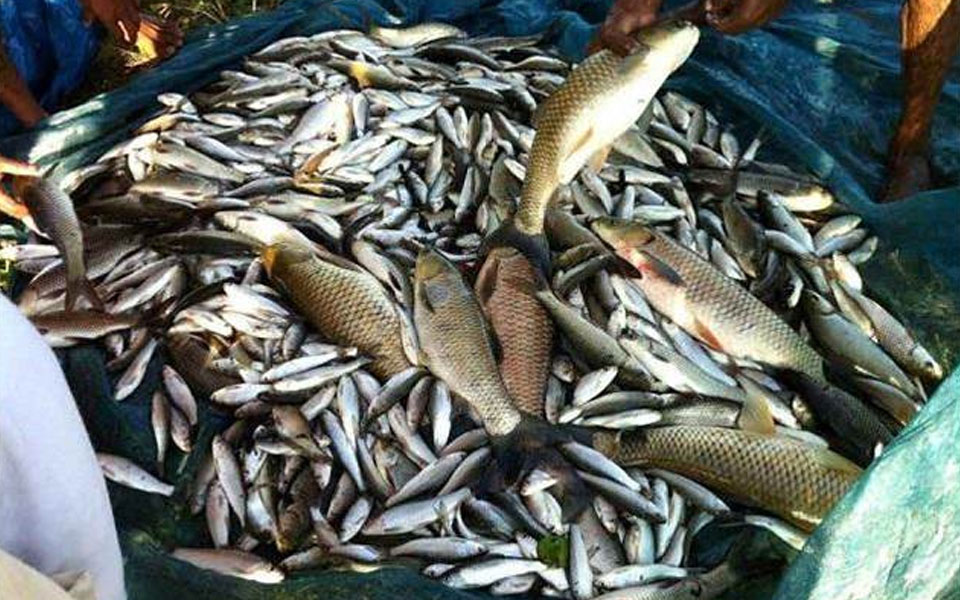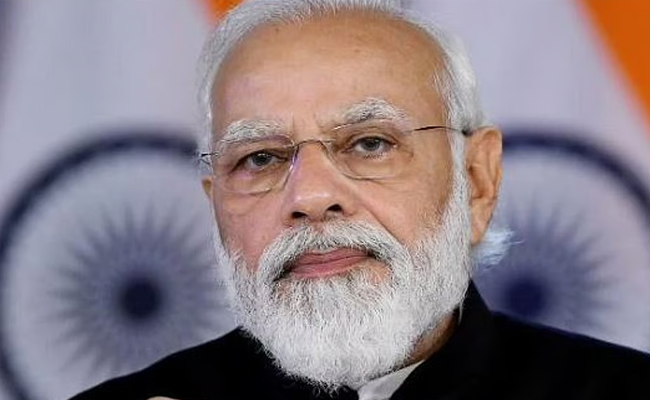CHENNAI : As many as 11 out of 30 samples of fish species purchased from Chinthadripet and Kasimedu, the two major fish markets in Chennai, on two different days, have tested positive for formalin, a cancer-inducing chemical used illegally to preserve fish.
The fish were tested by scientists of the Tamil Nadu Dr. J. Jayalalithaa Fisheries University exclusively for The Hindu.
A low-cost formalin detection kit developed by researchers of the State-run university was used to test the samples purchased by The Hindu for ascertaining if they contained the carcinogen that is used widely as a preservative and disinfectant.
The tests were conducted on July 4 and July 8, the days when the fish were purchased.
Only one of 13 samples of fish purchased last Wednesday from the Chinthadripet, Velachery and Neelankarai markets tested positive at the university’s referral laboratory in Madhavaram.
However on Sunday as many as 10 of the 17 fish samples purchased from Chinthadripet and Kasimedu markets tested positive for the carcinogen, causing alarm.
Formalin causes irritation in the eyes, throat, skin and stomach. In the long run continued exposure causes harm to the kidneys, liver and can even cause cancers.
This is the first time samples of fish in Tamil Nadu have tested positive for formalin.
Food Safety and Standards Authority of India (FSSAI) officials have been undertaking tests at fish markets and harbours across the State to test for formalin following a scare in neighbouring Kerala that fish sourced from here were chemically contaminated.
Fisheries Minister D. Jayakumar said use of formalin as a preservative cannot be allowed at any cost. He said tests had been conducted in Thoothukudi and other places based on information received by the department but none of those samples had any formalin.
Samples to be lifted
“Since The Hindu has brought the [Chennai] test results to our notice, we will lift samples [from fish markets] and conduct tests. We will not hesitate to take strict action against those indulging in such acts,” Mr Jayakumar said.
Both big and small lizard fish or panna or kezhanga and paarai (Malabar trevally) were found to have formalin content of above 20 ppm (parts per million). Other varieties such as sura, octopus, eri vavvaal, ottu kanava, peikanava and kelithi had formalin of around 5 ppm.
For the test, a two gram piece of meat from the fish was taken and put inside four ml of diluent and shaken so that the formalin will get into it. Then this diluent was poured into the bottle containing the reagent that turned yellow revealing that it had tested positive.
“It is a very sensitive reagent and can detect up to 0.5 milligram per kilo. The actual test takes only 10 minutes,” explained Felix, Vice Chancellor of the University.
Fish industry experts said that formalin or formaldehyde is sprayed on the fish or injected into the fish or the fish is dipped into the solution. This helps keep the fish fresh for a longer time. Usually people who buy fish check the gills for freshness, if it is red it denotes freshness, when formalin is used the gills remain red for longer periods. In some cases, fishermen also apply kumkum to retain redness.
courtesy : thehindu.com
Let the Truth be known. If you read VB and like VB, please be a VB Supporter and Help us deliver the Truth to one and all.
Colombo (PTI): The IMF has approved an emergency funding of USD 206 million under its rapid finance instrument to help Sri Lanka “address the urgent needs arising from the catastrophic Cyclone Ditwah and preserve macroeconomic stability”.
The cyclone caused widespread destruction in the island nation and left over 643 people dead.
In a statement issued on Friday, the Washington-based International Monetary Fund (IMF) said the disaster has created urgent humanitarian and reconstruction needs, generating significant fiscal pressures and balance-of-payments needs.
ALSO READ: PM arrives in Kolkata to unveil projects, address rally in Bengal''s Nadia
The emergency financial support provided by the IMF under the rapid finance instrument will help address these pressures, it said.
The IMF added that the cyclone devastation hit when the Fifth Review of Sri Lanka’s USD 2.9 billion bailout was nearing completion.
“Given the time needed to assess the economic impact of the cyclone and examine how an IMF-supported programme can best support Sri Lanka’s recovery and reconstruction efforts while preserving objectives and policy priorities, the Fifth Review has been deferred," it said.
"An IMF mission team will visit Sri Lanka in early 2026 to resume discussions,” it added.
The 48-month extended fund facility deal with the IMF in March 2023 carried hard reforms to Sri Lanka's welfare-based governance.
It was signed after Sri Lanka plunged into an unprecedented economic meltdown with its first-ever sovereign default.
Several hours before the IMF decision, the parliament here approved without a vote a supplementary estimate of LKR 500 billion, which the government said was required to restore the livelihoods of those affected by the disaster.





